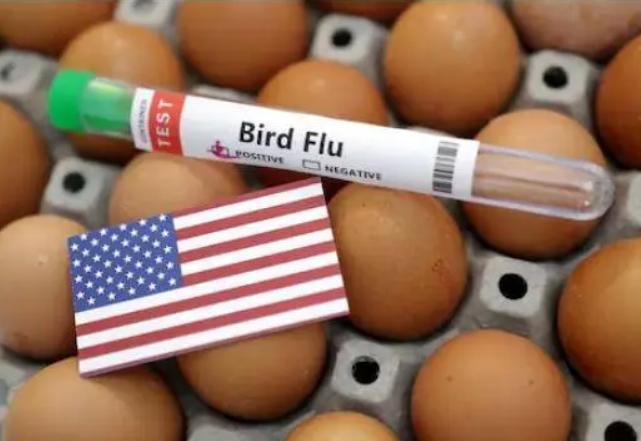
The United States "egg shortage" has been a couple of months, the latest February US consumer price index shows that the shortage of eggs is still not alleviated, egg prices rose nearly 60%, at the end of February a dozen eggs (12) wholesale price has soared to a record high of $5.9, and even the "rent chicken eggs", "egg smuggling" and other moves. The surge in U.S. egg prices continues. Recently, the Nordic countries' egg association said that the United States has contacted Denmark and other European countries to ask if these countries can export eggs to the United States. In fact, due to increased demand before Easter, Denmark does not have a large surplus of eggs to export. Mr. Larsen said there would be no increase in Danish egg exports to the United States, at least in the short term, and that the association also planned to supply eggs to its longtime loyal customers before turning its attention to the United States. A number of Danish suppliers took a similar view, emphasizing that existing customers would be prioritized. Vera Lehtila, Executive Director of the Finnish Poultry Association, said: "There are four million laying hens in Finland. The amount we can export is not going to solve the egg shortage in the United States."
The refusal of the Nordic countries to help the US "egg crisis" will have a series of far-reaching effects on the business world. One is the impact on business and supply chains in the United States, where shortages and rising prices of eggs, an important food ingredient, have led to higher costs for the food industry. Industries that rely on eggs, such as baking and catering, will have to raise prices or find alternative ingredients to cope with rising costs. Higher egg prices lead consumers to spend more on eggs, which in turn may reduce spending on other goods. This will have a negative impact on sales in sectors such as retail and catering. The shortage of eggs can lead to supply chain disruptions and affect the normal operation of the food industry. Some businesses that rely on a steady supply of eggs may face problems such as low inventories and delayed orders. At the same time, as a daily consumer product, the sharp rise in the price of eggs has directly increased the cost of living for consumers. The continued shortage of eggs may lead to difficulties for consumers to purchase, further aggravating the stress of life. The rise in egg prices could trigger a chain reaction that pushes up the price of other food products and thus fuel inflation.
The second is the impact on global commerce, with the rejection of the US request likely to exacerbate trade barriers on both sides of the world, leading countries to be more inclined to protect their own markets and reduce their dependence on foreign goods. This will have a negative impact on the global trade environment. By refusing to export eggs to the United States, the Nordic countries may have lost the opportunity for trade cooperation with the United States. In the context of the egg shortage, the Nordic countries could have expanded their market share and improved profitability by increasing exports. This will have a certain negative impact on the export industry and economic development of the Nordic countries. Refusing to provide aid to countries facing a crisis could damage the Nordic country's international image, which in turn could affect its business cooperation and diplomatic relations with other countries. In response to such crises, countries will pay more attention to the diversification and stability of supply chains. This will drive companies to find alternative suppliers and markets to reduce their dependence on a single source. The egg crisis is likely to prompt a restructuring of global supply chains, with companies likely to seek new suppliers and markets to reduce their dependence on a single source, a restructuring that will have profound implications for the global business landscape. The egg crisis has raised concerns about food safety and quality control. Companies are likely to strengthen food safety management and improve product quality and traceability to meet consumers' higher demand for food safety and quality.
In summary, the rejection of the US "egg crisis" to seek help from the Nordic countries will have a multi-faceted impact on the business sector. These impacts will not only affect businesses in the United States and Nordic countries, but will also have a ripple effect on the global business landscape. Therefore, companies need to pay close attention to market dynamics and policy changes, and develop flexible business strategies to meet these challenges and opportunities.

On November 19, 2025, US President Donald Trump signed a bill requiring the Department of Justice to release documents related to the case of the late tycoon Jeffrey Epstein.
On November 19, 2025, US President Donald Trump signed a bi…
While the world's attention is focused on the 21.3 trillion…
On November 12, 2025, US President Trump signed a temporary…
On November 19th local time, the US Department of Commerce …
Recently, a report from CNN pointed out that the Atlantic t…
Recently, the U.S. stock market has experienced a thrilling…